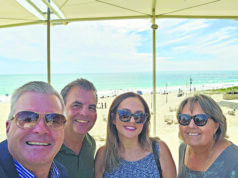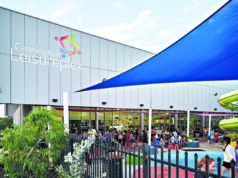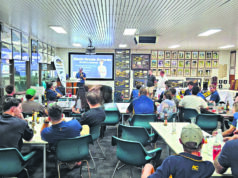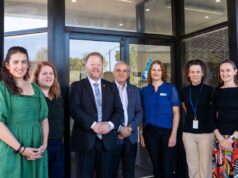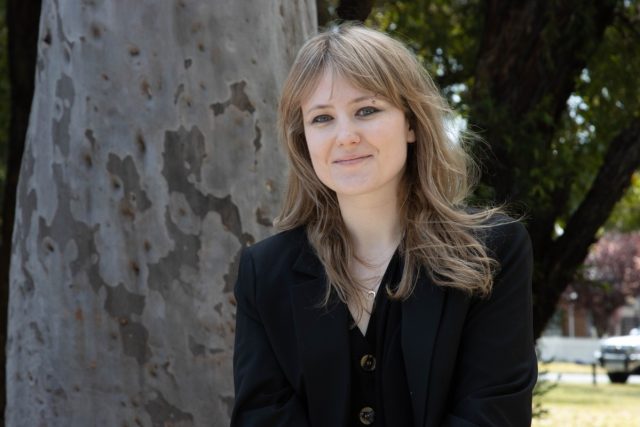
An East Victoria Park woman is using her lived-in experience with an eating disorder, and as the carer of a teen with an eating disorder, to guide a Curtin University program designed to assist carers.
Curtin University researchers are looking for parents and carers of teenagers with eating disorders to help understand how best to support their teen by working through a self-help program for perfectionism.
Post-grad psychology student Jamie Neal has more experience than most when it comes to eating disorders.
Now 30, she was first diagnosed with anorexia when she was 14, and struggled for a number of years to overcome the condition.
“I felt disconnected from my body and I had lots of feelings of not being worthy, and my home-life wasn’t stable so I felt like I wasn’t in control, which is common among people with an eating disorder,” she said.
“When I was 19, I became the carer for my little sister, who also had an eating disorder.”
She said professional support for carers of people with an eating disorder was crucial
“It’s not something you can handle on your own,” she said.
“It’s happening to your child, its not something they’re choosing to do, they don’t have a lot of control over it and It takes time to understand and come to terms with that.
“Recovery works a lot better when the person has agency, when they’re the chief engineer of the treatment.”
She said the treatment app she was helping to create would involve carers and patients working together at home in a hands-on manner.
“The intent is that it will help support carers while they’re also supporting the person they’re caring for, and it’s something they can come back to time and time again.’
Associate Professor Sarah Egan from the Curtin enAble Institute said this was the first time they had involved parents and carers in this treatment.
“So far in our research, we have not involved parents and carers in this treatment – we think this is a big gap,” she said.
“Parents and carers want to help their teenager and might be able to help keep their teen engaged in the treatment, so they work on strategies together as a family.
“It is hoped involving parents and carers will improve the effectiveness of treatment.”
The ‘Perfectionism supportED’ project is completely online and registrations are now open.






